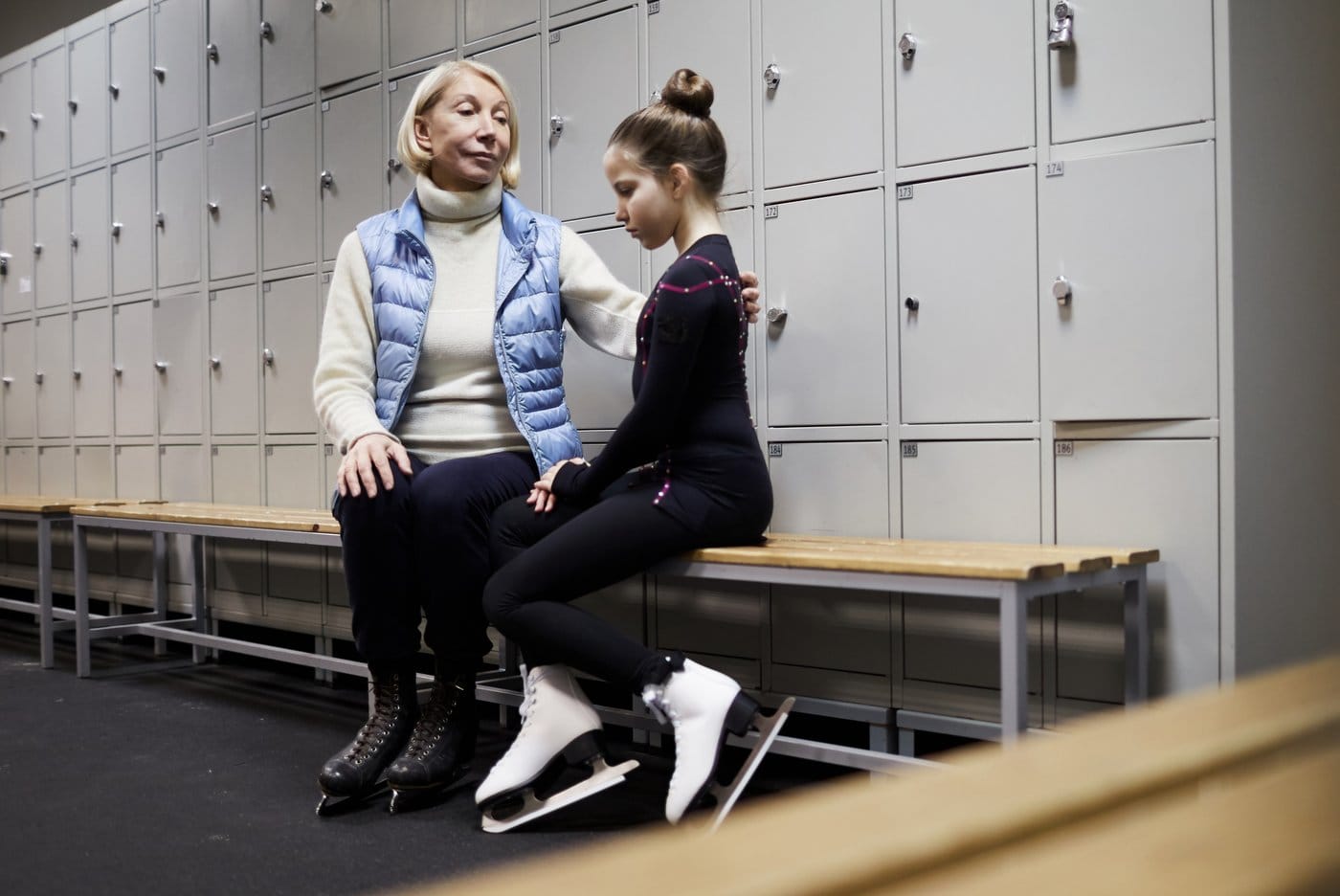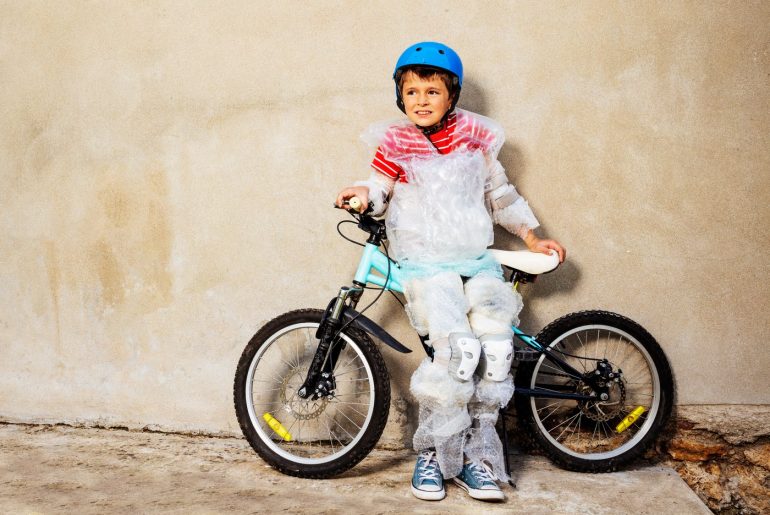Overly protective, “helicopter” parents often have the best intentions, but their behavior can lead to unhealthy dependencies in both parents and kids.
Mom: Your job as a parent is to overcome your controlling tendencies to ensure that your kids can become independent and self-sufficient adults.
What is a helicopter mom, anyway?
Dr Joanne J Wendt, a San Diego-based licensed clinical psychologist, says that during her three decades of practice, she has seen many families suffering from “helicopter parent syndrome,” a common name for an overly protective and controlling parent or parents. This behavior can be very detrimental to a child’s self-esteem.
Children who never experience life’s challenges don’t have the opportunity to learn self-reliance and responsibility.
Here are a few things that helicopter parents can address — and correct their own habits that adversely affect a child’s independence and emotional well-being.
1) Face your own fears first
Parents need to address their own fears and worries.
Dr Wendt says, “The problem, here, lies mostly with the parent’s own insecurity being acted out upon the child. The parent may have abandonment issues, lack of self-esteem, loneliness and fears that may foster an unhealthy attachment to the child in order to satisfy unmet emotional needs.
“The parent, then, may ‘hover’ over the child to prevent the child from suffering the pain, harm and disappointment that the parent has experienced in his/her life.”
2) Encourage responsibility
Think of ways to help a child become more responsible. By encouraging a child to develop personal responsibility, a parent can still provide guidance and help but with the ultimate goal of fostering independence and self-sufficiency.
3) Frustration is okay
Recognize that children need to get frustrated sometimes. Furthermore, children need to feel frustrated on a regular basis in order to learn delayed gratification and problem-solving skills.
Dr Wendt says, “The over-protectiveness of the parents gives their children the idea that the parents don’t trust them to adequately manage their lives. This may result in a condition called ‘learned helplessness,’ whereby the children feel that they need the parent to take care of them in the world.”
4) Failure is a necessary experience
Parents need to let their children experience failure and pain. No parent will be able to protect his or her child from the world’s hardships, no matter how hard he or she tries.
While parents should always try to care for children and protect them from obvious harm, they should also be willing to let their children experience life, with an appropriate amount of positive and negative experiences.
Although parents are usually well-intentioned and are trying to protect their children, helicopter parenting can be harmful for a child’s emotional and social development.
Children need an environment in which they are frustrated, solve their own problems, and build up confidence.

Extra love and support doesn’t fix helicopter parenting
It’s time for helicopter parents to land — and stay grounded. That’s the advice of researchers who have found that even extra love and warmth can’t solve the problems caused by over-involved parents.
New research revealed that parental warmth cannot neutralize the consequences of helicopter parenting. Additionally, a lack of warmth makes the negative effects worse. Such negative effects include lower self-worth and higher risk behavior, such as binge drinking.
“From our past work, we thought there might be something positive about helicopter parenting under certain conditions, but we’re just not finding it,” study author Larry Nelson said of Brigham Young University.
The study, published in Emerging Adulthood, is a follow-up to 2012 research on helicopter parenting that found the children of helicopter parents are less engaged in school.
Now they’ve found that helicopter parenting combined with an absence of parental warmth is especially detrimental to young adults’ well-being.
Researchers defined helicopter parenting as parents’ over-involvement in the lives of their children. This includes making important decisions for them, solving their problems and intervening in their children’s conflicts. Warmth is measured by parental availability to talk and spend time together.
Decrease in self-worth and increase in risk behaviors
Nelson and Padilla-Walker examined data from 438 undergraduate students in four universities nationwide (not including Brigham Young University). The students self-reported on their parents’ controlling behavior and warmth, then on their own self-esteem, risk behaviors and academics.
Results showed that the lack of warmth intensifies both the decrease in self-worth and increase in risk behaviors in the young-adult children of helicopter parents. High levels of parental warmth reduced the negative effects, but did not eliminate them completely.
The findings suggest that loving parents can’t justify their helicoptering tendencies; too much control is too much, no matter the parents’ affection and support.
“Overall, stepping in and doing for a child what the child developmentally should be doing for him or herself, is negative,” Nelson said. “Regardless of the form of control, it’s harmful at this time period.”
The authors note that helicopter parenting is relatively uncommon, and not as damaging as forms of control that are harsh, punitive or manipulative.
Nelson warned that helicopter parents shouldn’t overcompensate by removing themselves completely from their children’s lives. Young adults deserve more autonomy, but still need parental support.
“Lack of control does not mean lack of involvement, warmth and support,” Nelson said.








